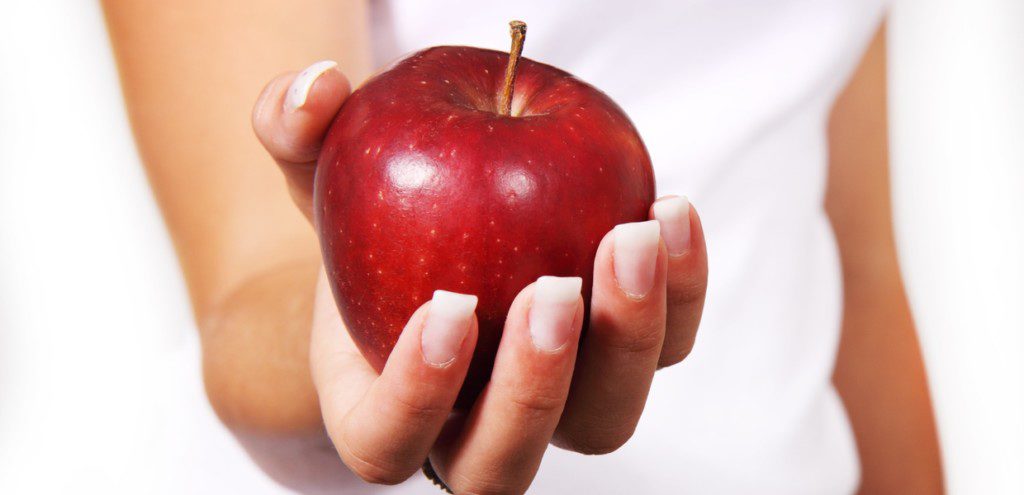

Since living on campus, I find myself eating out frequently. The café just doesn’t do it for me day in and day out. The more I have eaten out, the more I’ve noticed that I feel like it’s my only option whenever it’s time to eat. But spending a few bucks several times a week eventually adds up and takes a chunk out of my bank account. Also, it makes it a lot harder keeping off the freshman fifteen every year.
The Orlando Sentinel reported that eating out just once a week means two extra pounds by the end of the year. When we eat out we tend to lose control over portion sizes, and we add about 160 calories to lunch and 145 calories to dinner, and 75 calories to breakfast than we would if we prepared these meals at home. It’s convenient to grab a McGriddle or just a calorie-loaded coffee beverage on the way to class.
Preparing your meals at home allows you to use fresh and perhaps organic ingredients without harsh chemicals and preservatives. You are shedding tons of potentially disease causing chemical from your diet.
You are better able to control how much sugar, fat and oil goes into your meals. Those who prepare their meals at home are eating about 140 calories less a day, according to Shape Magazine. You decide what goes into your body. Even salads at fast food places are high calorie these days. You decide what goes into your meals so you can better manage your health, cholesterol and blood sugar.
Frequent fast food stops are an easy way to lose track of how much you are spending. $5 dollars for a meal here 20$ for a nice dinner there doesn’t seem like much but over time it starts to add up. Just think about how much food you throw away when you are given over-sized portions at restaurants and a to go box isn’t convenient to carry all evening. That’s money wasted. Spend your money on groceries you can make last. Six Figures Under listed several tips to help consumers make smarter decisions when it comes to buying groceries such as buying in bulk with memberships at Sam’s Club or Costco, freezing fresh meats, vegetables, and fruits, to make your groceries and ingredients last and by using healthy portion sizes to prevent extra food going from the plate to the trash.
Eating in allows for more control over what goes into your food and how your food is prepared. Also, shopping at the store to prepare meals at home helps you keep track of your money and extend the life of your groceries instead of those frequent trips out that become mundane. Our health and our money should be treated carefully.
By Katelyn Turner
Photo courtesy to Francois Meehan
